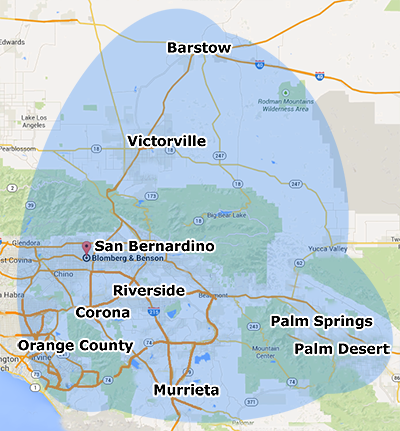Home >> Evicting Tenants Who Won't Leave: What To Expect During The Eviction Process

There are many reasons why you would need to evict your tenants, with non-payment of rent or a lease expiration being among the most common. When you send an eviction notice to your tenant, you begin the process of having your renters move out.
If all goes well, your renters will quietly and quickly exit your rental property, causing no fuss and leaving no messes behind. If things do not go well, your tenants may resist moving out and can even remain in the property after the eviction date.
If this happens, you need to know your rights. After all, you are the owner of the property and you've asked your tenants to leave. Speak to your lawyer about the specific landlord/renter laws in your state. Here are things you should expect during the eviction process if your tenants are not being cooperative.
Providing Proof You Have Reason to Evict Your Tenant
There are just as many laws that protect your renter's rights as you have protecting you, so you must prove you have rights to evict your tenant in order to legally remove them. Proof can be as simple as showing records of the last time your tenant paid rent or as complex as providing evidence your tenant broke your lease agreement in some way.
Another factor that goes into proving you have rights to remove your renter include your efforts to allow your renter to make amends or pay up on their back rent. If you have failed to give your renter warnings of eviction so they could make satisfactory changes, you may be outside your legal rights to evict them.
Providing Proof Of Giving Your Renters A Chance
Your lawyer will assist you in gathering evidence proving your renters should be lawfully evicted. Evidence includes gathering records of phone calls made to police, photos of damages to your property caused by your renters, and bank statements showing their lack of payment.
You will also need to provide proof that you gave your renters plenty of notice to correct their wrongs that led to breaking a lease agreement. Written warnings of overdue rent payments, home maintenance needs, and other notices need to be filed away in case you need them to prove your legal eviction actions.
Providing Proof Of Timely Eviction Notice
There are many ways you can legally alert a tenant of their eviction. You can file a pay or quit notice if they have failed to pay rent, having in writing the amount they need to pay to stay current on their lease and avoid eviction. Or, you can file an eviction notice which also gets filed at your local courthouse, allowing your tenant a certain number of days (this amount varies by state) to leave your property.
Failure to prove you gave your tenant proper notice to leave your property gives you few rights to evict a tenant who won't leave. For example, you cannot simply leave a note on your renter's door asking them to leave, nor can you change the locks while they are still in the property. Your lawyer will assist you in sending proper eviction notices and filing them correctly with the court so you can legally remove your tenants.
Not all tenants will require eviction, nor will they continue to stay in your property even after they have surpassed the time you've allowed them to stay. In the event of having a tenant who won't vacate your premises when you've asked them to, get a lawyer who is skilled in real estate and rental laws in your state to assist you. Our team of law experts at Blomberg Benson & Garrett are here to assist you in your legal needs.



